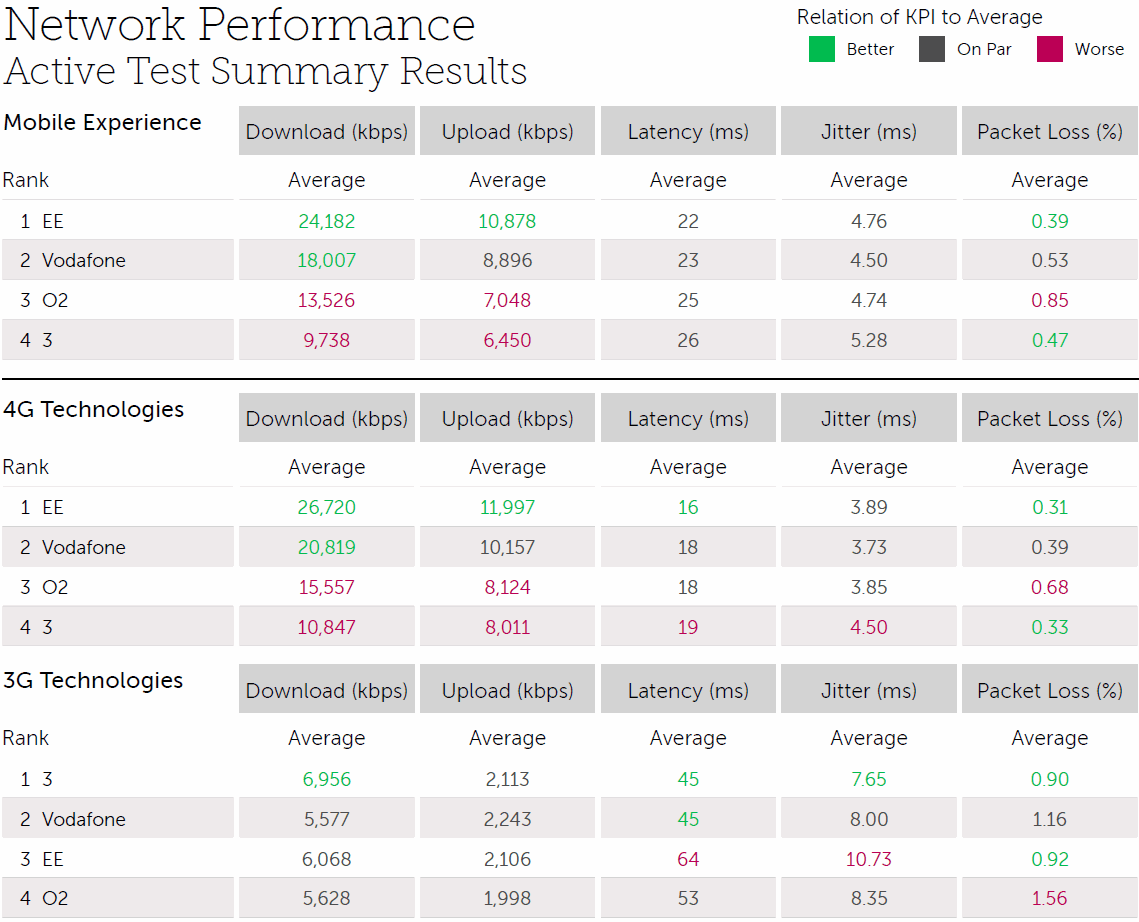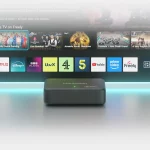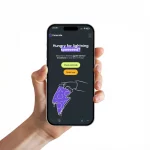EE Top as Tutela Reveal UK Fastest 4G Mobile Operators for Q4 2018
The final study of 2018 from crowd-sourced data analysis company Tutela has revealed that EE beat Vodafone, O2 and Three UK to be named as the fastest overall Mobile Broadband operator in the country for 4G services. Meanwhile Three UK managed to top the table for older 3G networks.
As usual the research was conducted by gathering anonymous usage data from the background of 1,500+ supporting Android and iOS based Smartphone apps (conducted throughout December 2018), which produced a total of 33 billion measurements, 889 million records, 8.57 million speedtests and 305 million response tests.
Overall the results revealed some improvement since our last update in September 2018. For example, EE delivered the fastest overall download speeds of 24.18Mbps (up from 21.38Mbps) and uploads grew slightly to 10.87Mbps (up from 10.1Mbps). Latency times for the operator also improved from 33ms to 22ms (milliseconds – a lower figure is faster).
Advertisement
Sadly O2 and Three UK continued to languish at the bottom, although both have improved their performance and we hope to see a bigger rise from O2 as their new 2.3GHz band continues to expand (more spectrum tends to result in faster speeds, provided capacity and carrier aggregation is optimally used).
Overall Download Speeds for Q4 (Q3 in brackets)
1. EE 24.18Mbps (21.38Mbps)
2. Vodafone 18Mbps (16.7Mbps)
3. O2 13.52Mbps (12.86Mbps)
4. Three UK 9.73Mbps (8.81Mbps)
The full table of December’s results – including latency times, jitter and packet loss – can be found below. You can also compare this against the Q3 data here.

Remember that some networks, such as EE, have better geographic 4G coverage, more spectrum bands and a more advanced network setup than their rivals, although Vodafone aren’t far off. Similarly operators like Three UK may suffer more strain on their data capacity (congestion) because of affordable “all-you-can-eat” style data plans, which are a capacity hog but also make them attractive to consumers.
Advertisement
On top of that testing via non-dedicated apps may be less accurate than dedicate solutions (e.g. Opensignal). Crowd-sourced data can also be affected by the user’s location and any limitations of the device being used, which won’t have a common type of hardware for helping to form a solid baseline. Suffice to say that performance testing like this may not always tell the whole story but it’s still a useful bit of extra information.
Going forwards it’s entirely possible that the situation with future 5G mobile networks could change the current trend, not least with the likes of Three UK appearing to stockpile 5G friendly spectrum bands. But the first limited commercial deployments of 5G won’t start until later 2019 and it will be further into 2020 before this starts to deliver any serious coverage.
Mark is a professional technology writer, IT consultant and computer engineer from Dorset (England), he also founded ISPreview in 1999 and enjoys analysing the latest telecoms and broadband developments. Find me on X (Twitter), Mastodon, Facebook, BlueSky, Threads.net and Linkedin.
« Bigblu Broadband Launch Cheaper Satellite Plans for UK Homes
Vodafone Hopes to Make Future Broadband Networks Invisible »

















































Comments are closed